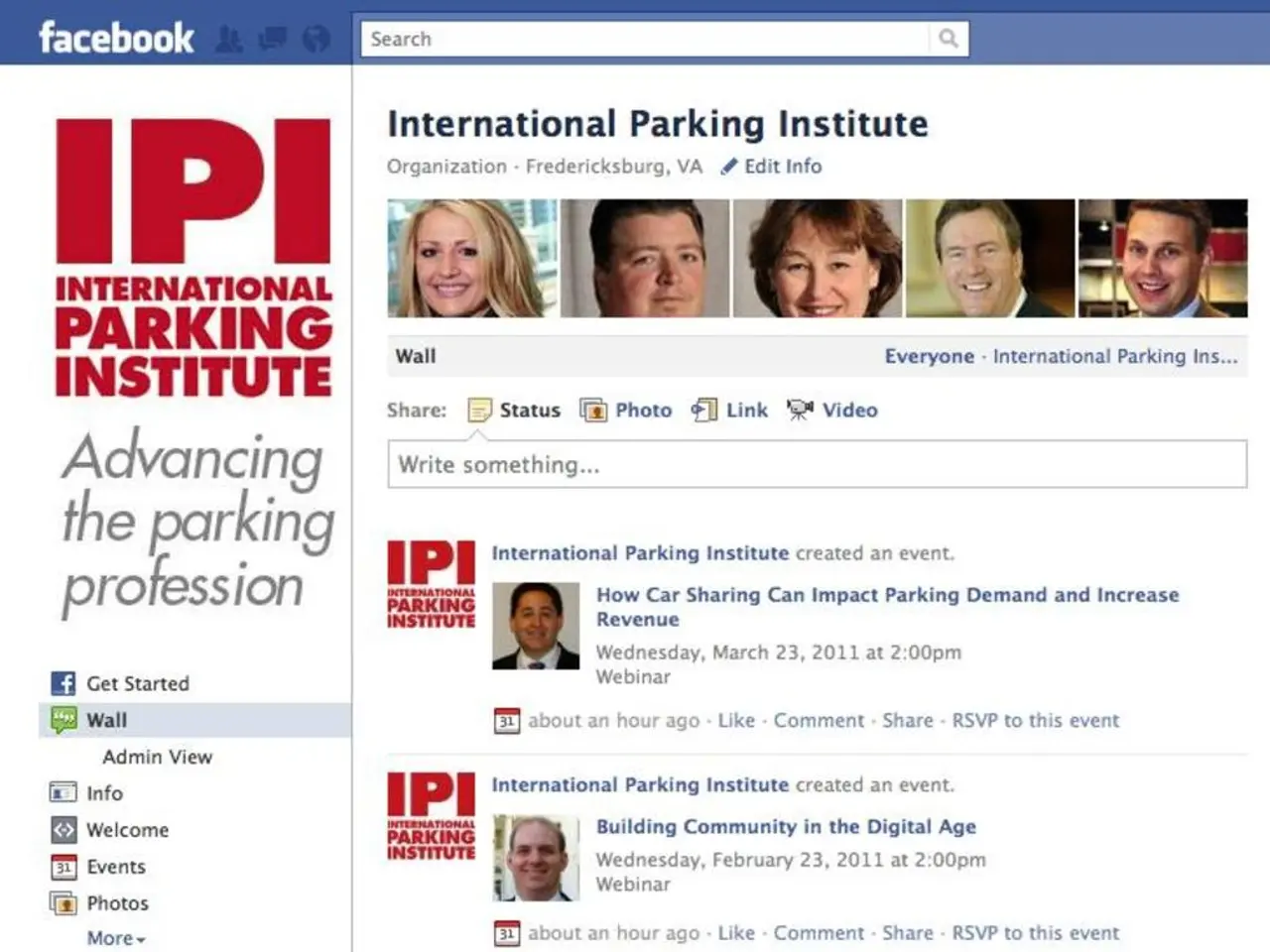Social Media's Impact on Employee Recruitment and Job Seeking Processes
In today's digital age, social media has become an integral part of recruitment and job searching, shaping how employers find candidates and how job seekers present themselves.
### The Impact on Recruitment and Job Searching
Recruiters are increasingly venturing beyond LinkedIn, with 78% expecting increased recruiting activities on platforms such as Facebook, Twitter, and Instagram. These platforms are used creatively to attract specialized talent and engage potential candidates, like Verizon’s Instagram puzzle campaign targeting developers. Social media is particularly popular among younger job seekers, who are active on these platforms.
Employers often review candidates’ social media profiles to assess professionalism, cultural fit, and communication skills. A strong, positive social media presence can enhance a candidate’s visibility and attractiveness. Virtual events, such as webinars and online career events, are also used to create brand awareness and attract talent.
### Best Practices for Job Seekers
For job seekers, maintaining a professional and consistent online persona is crucial. Ensuring LinkedIn profiles are up-to-date, reflect skills, and portray professionalism is essential. Engaging thoughtfully on multiple platforms, contributing to relevant discussions, sharing industry insights, and networking actively without posting controversial or unprofessional content is advised.
Job seekers should also use social media to research potential employers, understanding company culture and recent news to tailor applications and prepare for interviews. Controlling privacy settings is also important, being mindful of what personal information is visible to recruiters and the public.
### Best Practices for Employers
Employers can leverage diverse social media channels to reach different talent pools, especially younger demographics. Creating engaging content, using creative campaigns, challenges, or webinars that resonate with target candidates and enhance employer branding is key. Many employers now incorporate AI to sort applications and manage recruitment processes efficiently, improving candidate experience.
Monitoring and managing online reputation is also important, maintaining a positive and authentic employer brand across social channels to attract high-quality candidates.
In conclusion, social media significantly influences recruitment and job searching by expanding reach, enhancing engagement, and offering new tools for branding and assessment. Job seekers and employers alike must strategically manage their online presence to maximize opportunities and present themselves effectively.
Some additional tips for job seekers include using Instagram accounts to showcase work, keeping personal profiles private, demonstrating thought-leadership or engagement with the industry, and ensuring all profiles are in order. For employers, limiting evaluation to professional, public, job-related materials and information, and keeping personal accounts distinct from professional ones, are recommended.
[1] "The Future of Recruitment: Social Media and Beyond" - Hiring Lab Report, LinkedIn (2020) [2] "The Impact of AI on Recruitment" - Recruiting Daily, Glassdoor (2021)
- As recruiters extend their reach beyond LinkedIn, platforms like Facebook, Twitter, and Instagram are increasingly being used for creative recruiting activities, such as Verizon’s Instagram puzzle campaign targeting developers.
- For job seekers, maintaining a professional and consistent online persona is essential, including updating LinkedIn profiles, engaging in relevant discussions, and networking on multiple platforms.
- Employers can utilize various social media channels to reach different talent pools and attract high-quality candidates by creating engaging content, managing online reputation, and leveraging AI for efficient recruitment processes.
- To maximize job-searching opportunities, job seekers can use Instagram accounts to showcase work, keep personal profiles private, and demonstrate thought-leadership or industry engagement.
- Employers should limit evaluation to professional, public, job-related materials and information, and keep personal accounts separate from professional ones to present a cohesive and positive employer brand.




